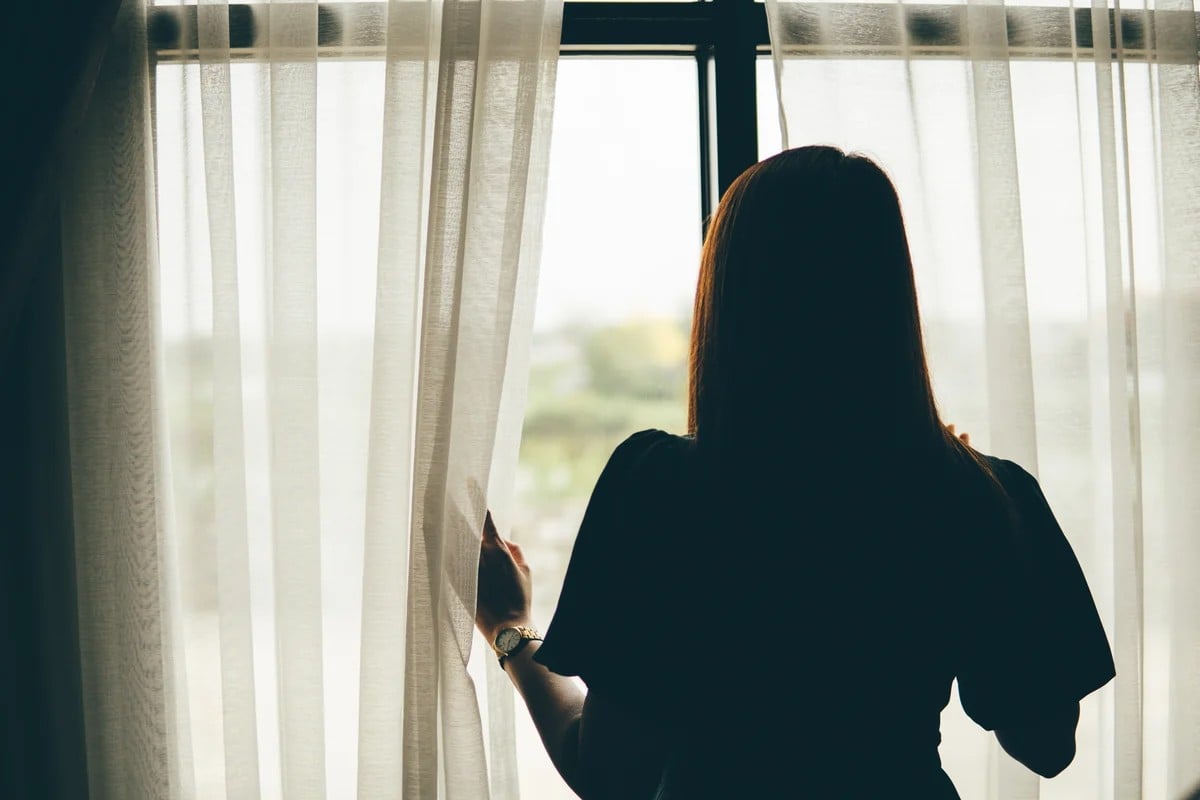
Devyn never imagined she'd end up in prison. Convicted of conspiracy to defraud, the arrest and sentencing process was terrifying — a whirlwind of legal fees, uncertainty, and the constant fear of the unknown.
"Looking back, that period before prison was one of the scariest parts," Devyn recalled. "Not knowing what was going to happen, how it would affect my life, my family—it was unbearable."
When she did enter the prison system, she found herself stripped of control over her life.
"People talk about institutionalisation, but until you experience it, you don't understand. You can't make your own choices, and things like strip searches and supervised urine tests become routine."
Watch: Are you ever scared inside a women's maximum security prison? Article continues after the video.
Devyn kept herself occupied — reading, exercising, working — but the biggest struggle was missing out on life outside. "Weddings, new babies, birthdays — I lost all of that," she said.
So when she walked out of prison after two and a half years, she thought she'd be getting her life back. But the reality was anything but.




























































































